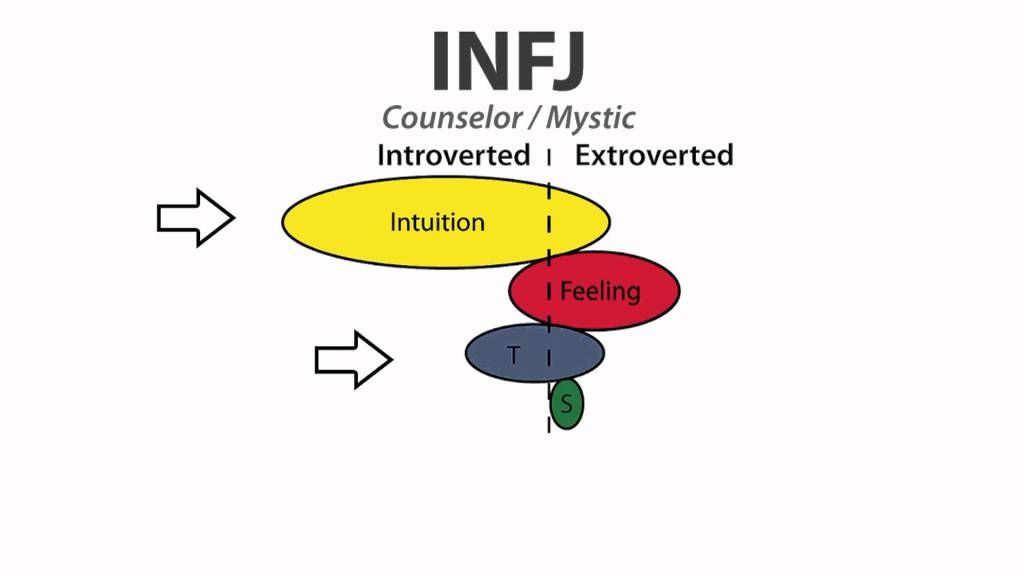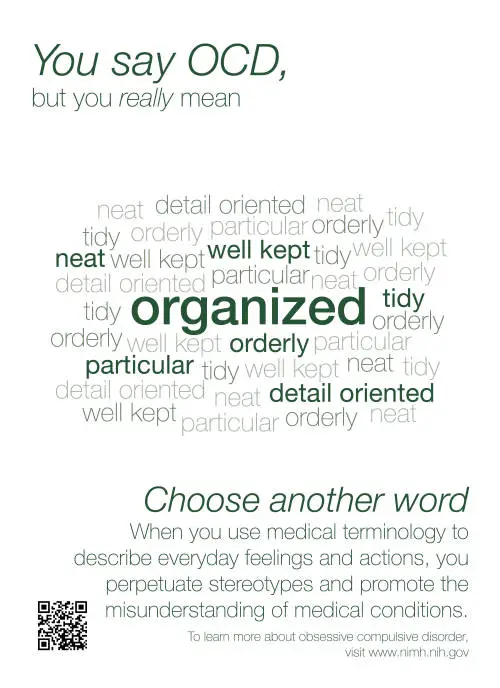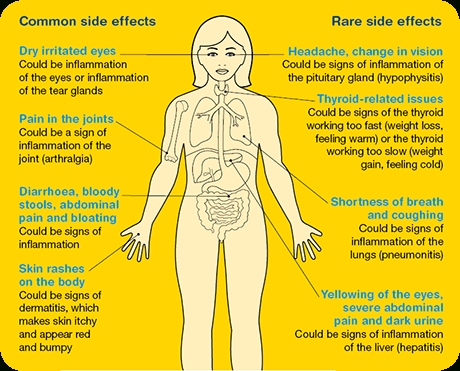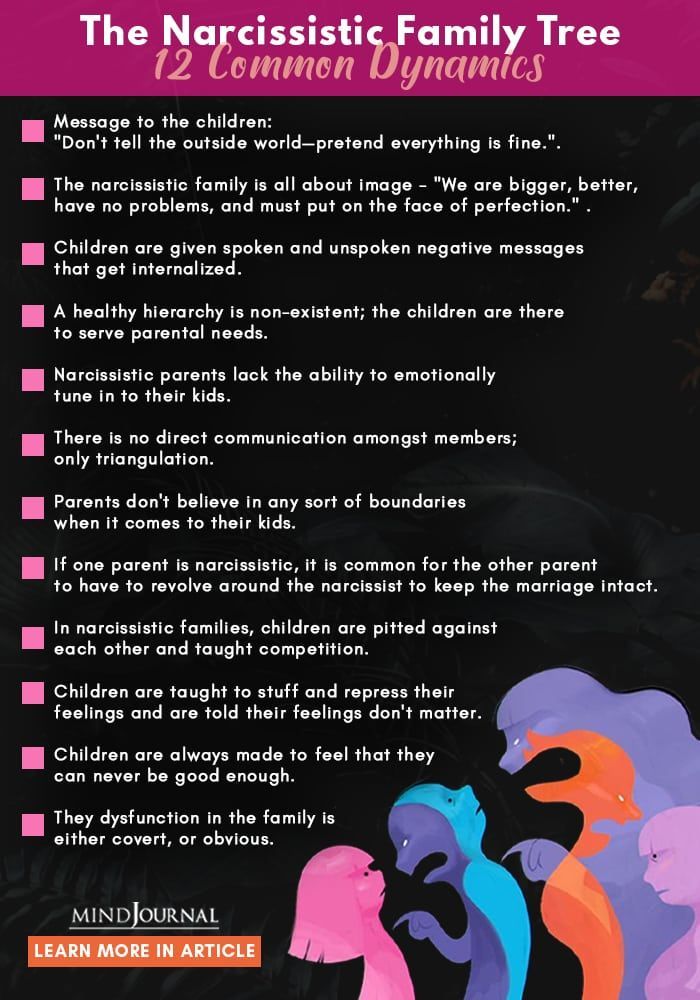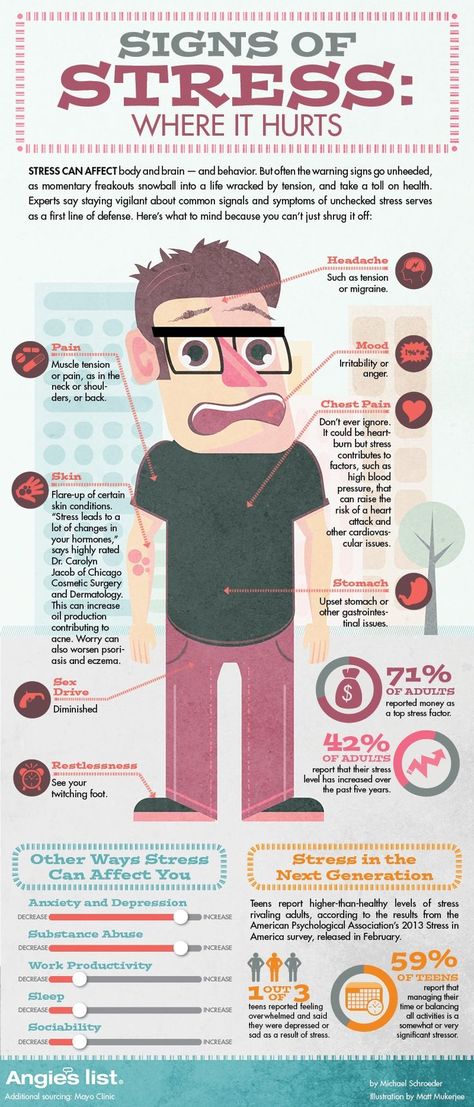How to treat the mother of your child
What Children Gain When You Love Their Mom
“Who has helped you the most in your fathering?” We asked that very question to thousands of men as part of our research. Some answered, “My father” or “My pastor.” Several mentioned Dr. James Dobson. But the most popular answer by far was, “My wife.” And when we asked, “Who helps you overcome struggles in your fathering?” the number one answer was, again, “My wife.”
You may be comforted to know you’re not alone as a parent, but you should also be challenged, because your power as a father is greatly affected by your relationship with your children’s mother. Are you striving together with her as you progress toward a common goal, or are you struggling against her, and spinning in circles?
She’s your number one asset and ally as a father, and showing her love and respect is one of the best things any father can do for his kids.
1. Two Indispensable Perspectives
Even if you were some kind of Superman, you could still only supply your children with a masculine perspective of the world, valuable as it is. It takes a woman-ideally their mother-to provide the deep feminine input that rounds out their world and opens up more of the wonders of adulthood.
By virtue of carrying, bearing, and caring for your children in her own unique way, your children’s mother sees things in them and about them that you may miss completely. Her perspective can be quite illuminating when you compare notes, especially when it comes to understanding growing daughters. And her natural sensitivity to her children’s needs makes her an expert on how to meet those needs. Don’t be jealous; be humble. Ask her advice, and really listen; or sit her down and say, “Honey, how am I doing?”
2. A Model for Chivalry
“Date your mate” is more than just a clever phrase. It’s a philosophy. It’s a mind-set in which you reinstate some of the conditions of your dating relationship. You probably don’t have to ask her father for permission or worry about an eleven o’clock curfew any more. But your purpose is worth revitalizing: to continually re-win your true love’s affections. You revive dinners and movies, take walks in the park, visit the old hang-outs and even start showing affection in public again.
You revive dinners and movies, take walks in the park, visit the old hang-outs and even start showing affection in public again.
During your wedding ceremony, you verbalized your commitment all at once. Marriage is an opportunity to demonstrate those vows every day. During periods of richness and health, you say, “Honey, things are really going well, and I want you to know there’s no one else I’d rather enjoy all of this with.” During times of poverty or sickness, you repeat: “sweetheart, we may be struggling right now, but we’re rich in other ways, and I’m going to stick it out with you, no matter what.” And the vow “from this day forward” also bears repeating: “Well, Honey, here you are turning ‘the big four-oh,’ but I have to say, you’re more attractive to me now than when we first married.”
Show your affection physically as well: a peck on the cheek, a spirited hug when you arrive home, holding her hand, sharing space on the couch, and maybe even an occasional kiss that’s long enough to embarrass your teenager.
Living out your wedding vows also helps your children. You can talk your kids through their first dates and let them know what to expect, but you can show them a lot too. Your son is taking subconscious notes. He’s asking, “How should I treat women?” “What does it mean to be a husband?” Your daughter also has her eye on you. The thought of giving herself to a man in marriage can be frightening. She’s asking herself how well her mother fared in the deal. Your children watch when you open car doors for your wife. They listen closely when you compliment her on how radiant she looks in that new dress, or express your appreciation for all she does for you.
Dad, be passionate about the one who provided you the opportunity to be a father in the first place.
3. A Sense of Security
What would happen in a business if for some reason the two controlling partners started feuding? What if these two presiding officers suddenly had conflicting visions for the company or developed an intense personality conflict, regardless of how earnestly each partner communicated his or her commitment to the employees, the company would still suffer. Morale would drop. People would begin to worry about job security. Mid-level executives would bail out. The emotional atmosphere of the entire organization would reflect the quality of the most important relationship-just as it does in families.
Morale would drop. People would begin to worry about job security. Mid-level executives would bail out. The emotional atmosphere of the entire organization would reflect the quality of the most important relationship-just as it does in families.
A fourth-grade girl wrote about her father, “He treats my mom very nicely, which makes me feel wanted.” Daily expressions of affection for your wife will do wonders for your marriage, but your children also pick up on it. If the atmosphere of the marriage is distrust or anger, then that mood will permeate the entire family. If the atmosphere of the marriage is noncommunication, the children get used to silence and foreboding. On the other hand, if the atmosphere of the marriage is love, the whole family will absorb that love.
Words and deeds that demonstrate your love for your wife provide your children with convincing proof that the foundation of their lives-your marriage commitment-is
not going to shake, buckle and split apart. When Dad loves Mom, all is well in the universe.
When Dad loves Mom, all is well in the universe.
What to Do When …
…you’re a divorced dad. Your challenge is even greater. Your children may very well blame themselves for the failure of your marriage. Their sense of security has to be shaken, and their ideas about marriage are surely hazy at best. Make every effort to restore whatever stability you can salvage by being reliable with support, both in terms of finances and by making life easier for your children’s mother. Be consistent and prompt in your involvement with the kids and, even though it may seem like the most difficult thing to do right now, respect and honor her, especially when she?s not around. Help your child see that the relationship between the two most important people in his life-you and his mother-is solid, if not perfect.
…you’re a stepfather. You’ve courageously stepped into an atmosphere of pain and mistrust. The most important thing you can do for those kids is to love their mother. What they need most is family stability-that means keeping the promises you have made to their mother and, in the process, redeeming marriage in their eyes. Their entire outlook on life may change when they see love and commitment between you and their mother. That stability must also spill over into the way you relate to their biological father. Cooperating with his efforts to be involved in his children’s lives is one more step that can smooth out a volatile situation.
The most important thing you can do for those kids is to love their mother. What they need most is family stability-that means keeping the promises you have made to their mother and, in the process, redeeming marriage in their eyes. Their entire outlook on life may change when they see love and commitment between you and their mother. That stability must also spill over into the way you relate to their biological father. Cooperating with his efforts to be involved in his children’s lives is one more step that can smooth out a volatile situation.
One of the greatest legacies you can leave your children (and yet-unborn grandchildren) is the firm belief that marriage is not to be taken lightly. It’s worth your commitment, and worth sticking it out through the tough times. Show them that your marriage is worth every ounce of effort you put into it and that, some day, theirs will be too.
You and Your Children's Mother: Overcoming Anger for Your Kids' Sake
by Patrick Batchelder
Getting tired of hearing about how all single dads are angry? If you’re like me, you don’t even read the “deadbeat dad” articles anymore—it’s enough to make you mad!
The real danger of that kind of anger is that it can very easily cloud your thinking and make you temporarily forget one of your most valued priorities in life, your kids. What’s really best for you and them? Do you really get that much satisfaction out of hating your former wife? Who’s really being hurt here? If there’s a constant pain in your stomach, it isn’t her that’s bleeding; it’s you—and the kids.
What’s really best for you and them? Do you really get that much satisfaction out of hating your former wife? Who’s really being hurt here? If there’s a constant pain in your stomach, it isn’t her that’s bleeding; it’s you—and the kids.
Like many things in life, hate is a choice. It may seem like an uncontrollable reaction, but in not learning to control your anger, you have chosen to hate. I’m not asking you to love the kids’ mom again; that’s a choice too. There’s a middle ground you have to reach—the lack of anger and hate. It’s a very necessary first step in bringing healing to your family.
I’ll be borrowing from Ken Canfield’s book, The 7 Secrets of Effective Fathers—specifically, secret five: Loving Their Mother. I know it may be hard to even think about right now, but force yourself-for you and your children’s sake.
Distrust Your Former Wife? Your Kids Will, Too
No one’s perfect-including you.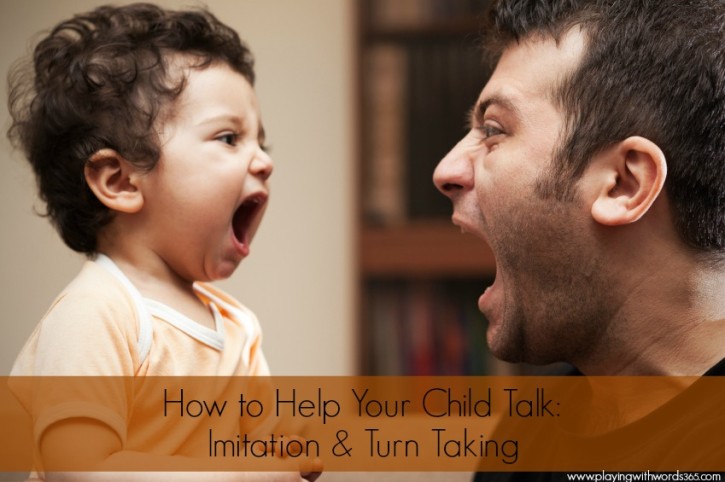 Sometimes we’re late; we all do things that hurt others, too. With that in mind, let go of all the distrust you can, especially if it’s based on old memories. If you choose to re-live that distrust over and over in your mind, it will give you an ulcer.
Sometimes we’re late; we all do things that hurt others, too. With that in mind, let go of all the distrust you can, especially if it’s based on old memories. If you choose to re-live that distrust over and over in your mind, it will give you an ulcer.
But, even worse, your children will pick up on the distrust like the smell of hamburgers on the grill. Your attitude won’t come back to haunt her, only you and your kids. If you reinforce that she can’t be trusted or doesn’t keep promises, you’ll only create a basic anxiety and fear in your kids’ lives. They may not trust any women. Your son could grow up to have a string of failed relationships with women; your daughter may develop negative views of womanhood or motherhood. They’ll learn to distrust you for it too, and that could undermine many of the other things you’re trying to do as a dad.
No matter how much satisfaction you may get out of spite, don’t do that to your kids. Now that the marriage is over, why not be a little forgiving?
Can’t Bring Yourself to Talk to Their Mom?
I remember a grade school program where my son was up on the bleachers, singing his heart out about Frosty the Snowman. His mom and I were sitting on the front row, talking. What did we talk about? My son John, of course. No need to be angry about the past or present. No need to hate anyone. Only a great reason to communicate our mutual love and hopes for the life of this great little guy.
His mom and I were sitting on the front row, talking. What did we talk about? My son John, of course. No need to be angry about the past or present. No need to hate anyone. Only a great reason to communicate our mutual love and hopes for the life of this great little guy.
Afterwards, when we were standing around with all the other proud parents, a woman approached me and said, “I was talking to your wife, and she said ….” Oh boy. My wife! Then I stopped and thought, Of course. It was an easy mistake, but I also took it as a compliment, because it reflected that we were taking a tense situation and choosing to make the best of it. We both hugged John and then went our separate ways. No ulcers, no atmosphere of distrust, no lack of communication, no anger. Who benefited? My son John, myself, and maybe their mom. We all won and it felt great. You can win and bring your kids into the equation too.
Think about the future now. Imagine no hate, anger or distrust aimed at your children’s mother. You’re there, and there is laughter, affirmation, even love. Your kids see their potential, love their mom for who she is, and give you credit for being the dad all their friends would like to have.
You’re there, and there is laughter, affirmation, even love. Your kids see their potential, love their mom for who she is, and give you credit for being the dad all their friends would like to have.
What more can life give in your role as a dad? Not much. Try it!
–
Patrick Batchelder is a writer and single-father advocate. He lives in Colorado with his son and daughter.
What to do if your parents treat you like a child
October 10, 2021One-on-one Relationships
For mom and dad, we are always small. But sometimes this behavior goes beyond and begins to cause discomfort.
Share
0This article is part of the One on One project. In it, we talk about relationships with ourselves and others. If the topic is close to you, share your story or opinion in the comments. Will wait!
"You'd better not date this guy." "Take off that sweater, green doesn't suit you." “Call Aunt Lyuba, I agreed, she will take you to work. ” It seems that such phrases can be addressed to a child or teenager, but sometimes adults also hear them. Parents do not seem to notice that they are already an adult, and continue to educate and point out. We understand why this happens and how it can be influenced.
” It seems that such phrases can be addressed to a child or teenager, but sometimes adults also hear them. Parents do not seem to notice that they are already an adult, and continue to educate and point out. We understand why this happens and how it can be influenced.
Why parents behave this way
1. They have not yet come to terms with the fact that you have grown up
It can be difficult to let go of a child and accept that he is a completely independent unit and has the right to do anything without the advice of parents. Because of the fear that a son or daughter might get into trouble, anxiety and a desire to take care turn on.
If there are one or two children in a family, their parents are more than those with many children, they are at risk of encountering the empty nest syndrome. It is a feeling of deep longing, loneliness and fear that comes when children grow up and move out of the house. To cope with discomfort, some continue to intensively care for an already adult person, as if he was still small.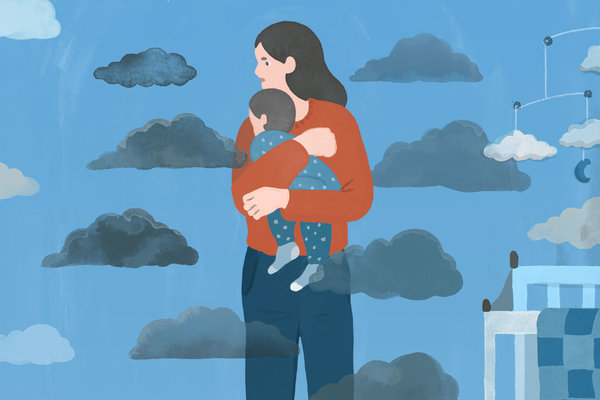
Learn more 🐣
- What is empty nest syndrome and how not to fall apart when there is no one else to care for
teenager. You cannot fully take care of yourself, make impulsive decisions, shoot money from your parents, take the position of a capricious child in conflicts, and not an adult.
Dr. Sue Kolod, Fellow of the American Psychotherapist's Association, says that infantile behavior and a childish attitude encourage parents to treat their adult child as if it were a small child. This situation is called regression. Mom and dad try to patronize you, it reminds you of the past, and you fall into the state of a rebellious teenager who fiercely defends his independence. You tell your parents: “I can take care of myself, I'm not little anymore!” - slam the doors, hang up the phones. And for them, this becomes a signal that you have not matured yet, so you need to interact with you accordingly.
Illustration: Anna Guridova / Lifehacker3.
 You have an unhealthy relationship
You have an unhealthy relationship It may well be that such behavior of parents is not a manifestation of care, but psychological abuse disguised as it. Partners are not the only ones who can be abusers. Mom and dad sometimes manipulate in the same way, mock, devalue, undermine self-confidence, try to instill helplessness, limit the child’s communication with the world, tie them to themselves stronger.
Abuse is based on a co-dependent relationship. People, including adult children and their parents, fall into the so-called Karpman triangle: they take turns trying on the roles of the persecutor, victim and savior. As a result, they find themselves in a vicious circle, from which it is extremely difficult to break out on their own.
Explore ☝
- No Romance: What Co-Dependency Is and Why You Should Start It
How to Respond to Inappropriate Parenting
Here are some tips from psychologists.
1. Try to behave like an adult
Take care of yourself, learn to plan and earn money, do not shift your problems and responsibilities to your parents without obvious need. You can offer help yourself - not necessarily financial. Tell me where it is best to order groceries at home, help you choose a vacation package or a dishwasher, take part in cleaning or repairs. This will show mom and dad that you are an independent and responsible person, which means that in communicating with you, you can “let go of the reins” a little.
You can offer help yourself - not necessarily financial. Tell me where it is best to order groceries at home, help you choose a vacation package or a dishwasher, take part in cleaning or repairs. This will show mom and dad that you are an independent and responsible person, which means that in communicating with you, you can “let go of the reins” a little.
2. Stay calm during conflicts
Before you stomp your feet and shout that you are an adult, remind yourself that adults don't behave like that. They know how to defend their interests and personal boundaries without shouting.
Illustration: Anna Guridova / LifehackerListen carefully to what your parents say, try to understand their position, figure out what motives and feelings are behind it, and not immediately take it with hostility. Voice your emotions and thoughts calmly, using "I-messages" and trying to avoid accusations.
Take note 🤝
- How to get what you want without manipulation and coercion
3.
 Show your progress
Show your progress Share more often with your parents the evidence of your "adulthood" and independence. Tell us if you are valued at work and have received a pay raise. Let me know if you want to buy a car or take out a mortgage and have already started saving money for it. Talk about your hobbies, how you manage your time, take care of your health, plan your life and solve problems. This will help those close to you to make sure that you can no longer look after you.
4. Help your parents find something to do
One way to deal with empty nest syndrome, which can lead to caring, is to find new hobbies and new goals. You can gently guide mom and dad in this direction - of course, with attention to their interests and needs.
Has mother always been attracted to art? Give her an art museum subscription or a few drawing lessons. Dad would like to understand psychology better? Look with him for good courses, books, training programs. Well, maybe your parents dreamed of having a dog or traveling more? This is an occasion to give them a puppy and help make an interesting route.
5. Keep your distance
If family relationships are not very healthy, and talking, asking and other measures do not help you change the situation, it is better to limit interaction with parents. Start living separately, if you haven’t moved out yet, meet less often, talk on the phone.
6. Seek Help
You may find yourself stuck in a toxic relationship that makes it difficult for you to assert your boundaries, protect yourself, and separate. In this case, it is worth contacting a psychotherapist, and as soon as possible. It will help you deal with problems.
Have you experienced this attitude yourself? Did you manage to change it? Share in the comments.
Read also 🧐
- “I never knew what was waiting for me at home”: how to deal with toxic parents
- Why we become like parents and how to change it
- How to deal with the fact that parents are getting old
3 types of mothers whose children are very difficult to become happy childhood.
 In his book “Loves / does not love. What prevents you from creating a strong relationship and how to fix it, which was published by the Bombora publishing house, the author explains how parents can form an attachment disorder in a child and what it is fraught with.
In his book “Loves / does not love. What prevents you from creating a strong relationship and how to fix it, which was published by the Bombora publishing house, the author explains how parents can form an attachment disorder in a child and what it is fraught with. 1. Preoccupied attachment - "I'm not okay, but you're okay!"
Children who have had very uneven experiences with their mother often develop a preoccupied type of attachment. From the child's point of view, the mother's attitude is mysterious and depends on her mood at the moment.
For these children, the mother is unreliable and unpredictable. Sometimes he behaves affectionately and sensitively, sometimes repulsively, coldly or evilly. It can be very difficult for a child to assess how a mother will behave in a given situation. One client told me that she always felt panicky when she returned from school with bad grades - depending on her mood, her mother either consoled her or hit her in the face and did not talk to her until the end of the day.
Therefore, such children constantly assess their mother's mood, trying to feel what the mother expects from them, what she needs, so that she is affectionate with them, or at least not punished. They seem to grow the most sensitive antennas and completely obey the expectations of the mother.
Their interest in what is going on around them is very limited - because for them, unlike children with a secure type of attachment, their mother is not a reliable support from which they can trustfully push off. They prefer to keep their mother in sight in order to be able to control her mood. Because of this, such children have a very poorly developed ability for autonomy and independence, instead of it there is a clear tendency to dependency.
Self-esteem in such children is also low - after all, they blame themselves for maternal mood swings
As a rule, all children blame themselves for the fact that their parents are angry with them - after all, they are adults, big and infallible from a child's point of view. Children with a preoccupied attachment type, when their mother takes them down again and again, develop the belief that they are just not good enough.
Children with a preoccupied attachment type, when their mother takes them down again and again, develop the belief that they are just not good enough.
They explain the mother's extremely contradictory attitude by their own failures, and they put the mother herself on a pedestal. Often this worship is further strengthened by the mother or even by both parents, who signal to the child that they, the parents, are perfect, and he still has a lot to learn.
In this way, the child develops an internal program that can be summarized as "I'm not okay, but you're okay!".
This program continues to operate in love relationships. As adults, such people are constantly preoccupied with obtaining consent and recognition from the outside. They are always in a state of "reception" and are extremely sensitive in relation to the partner's unspoken expectations. Feeling these expectations, they satisfy them with hasty obedience.
To be abandoned is a catastrophe for them, a confirmation of a deeply rooted personal belief that they are not good enough.
<…>
It doesn't take a lot of imagination to come to the conclusion that people with preoccupied attachment tend to get stuck in relationships that are harmful to themselves. The behavior of a heartless partner is habitually explained by their own failures, and dependence on his approval makes it difficult to get rid of him. The task of liberation is further complicated by a poorly developed capacity for autonomy and independence - people with this type of attachment are more prone than everyone else to the conviction that they cannot live without their partner and, accordingly, without relationships.
2. Fearful attachment - "I'm not okay and you're not okay!"
People who show the fearful type of attachment as adults have had a chance to be severely deceived in their desire for trust and intimacy in childhood. A certain predisposition of the child also contributes, due to which disappointment is experienced so strongly. We can say that people with a fearful type of attachment are distinguished by a special emotional vulnerability, which makes them exceptionally susceptible to rejection and criticism.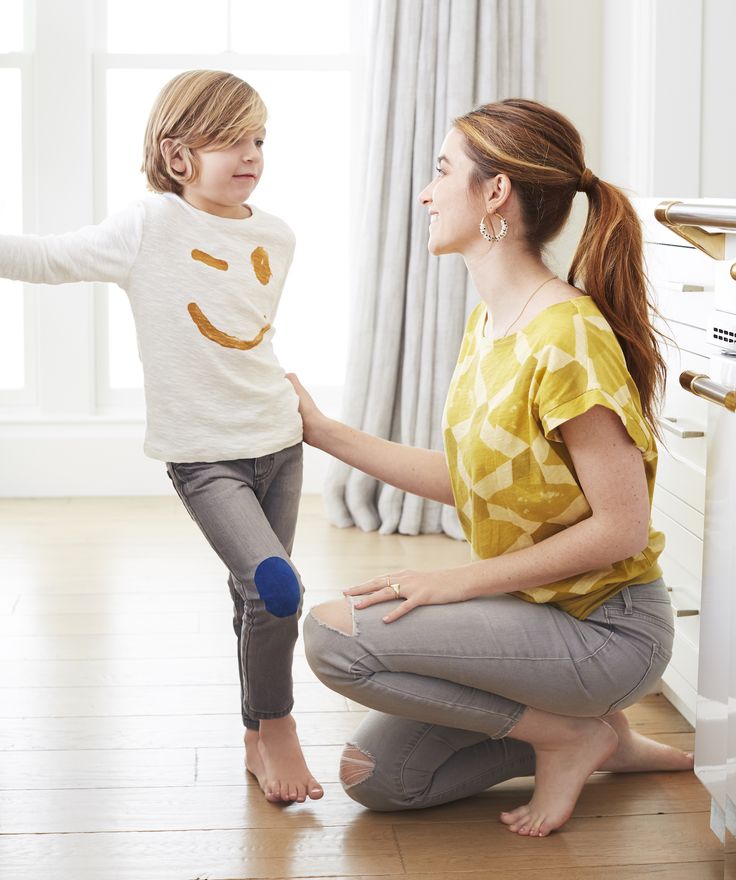
Their mothers were mostly cold and distant, some even treated the children with sarcasm, humiliated or insulted them. In early childhood, the predominant feelings were emptiness, rejection, and a clear lack of warmth and understanding. The mothers of these people lacked empathy for the needs of the child.
This often happens when the mother herself in childhood was very disappointed in the desire for intimacy
In other words, she did not receive a good role model from her mother and often has relationship problems herself. It is very difficult for such mothers to feel and establish physical and spiritual intimacy with their child.
In a number of cases, programmed, unnatural maternal behavior, which does not take into account the individual needs of the child, has had its influence. For example, in the 1960s, there was a very peculiar view of parenting: it was considered right to let small children cry until they got tired, and to feed them and take them out of the crib had to be strictly on schedule.
Some mothers strictly adhered to this requirement, and thus their children did not get the experience of someone coming to the rescue when they were upset, scared or hungry.
Most mothers of fearful attachment children have strong emotional ambivalence or even outright rejection of their child, which he begins to feel very early.
Sometimes external circumstances, such as illness or a large number of other children, do not allow the mother to give the baby due attention. But regardless of the reason for the lack of support and attention, the result is the same: children feel unwanted, unaccepted. Often they learn from their own experience that they cannot influence the mother's attitude in any way, they cannot please her, no matter what they do. They do not approach their mother because she keeps her distance and pushes them away. In later years, these children often experience a lot of criticism and little attention, which develops a strong fear of rejection.
They suffer from both poor self-esteem and a deep distrust of interpersonal relationships.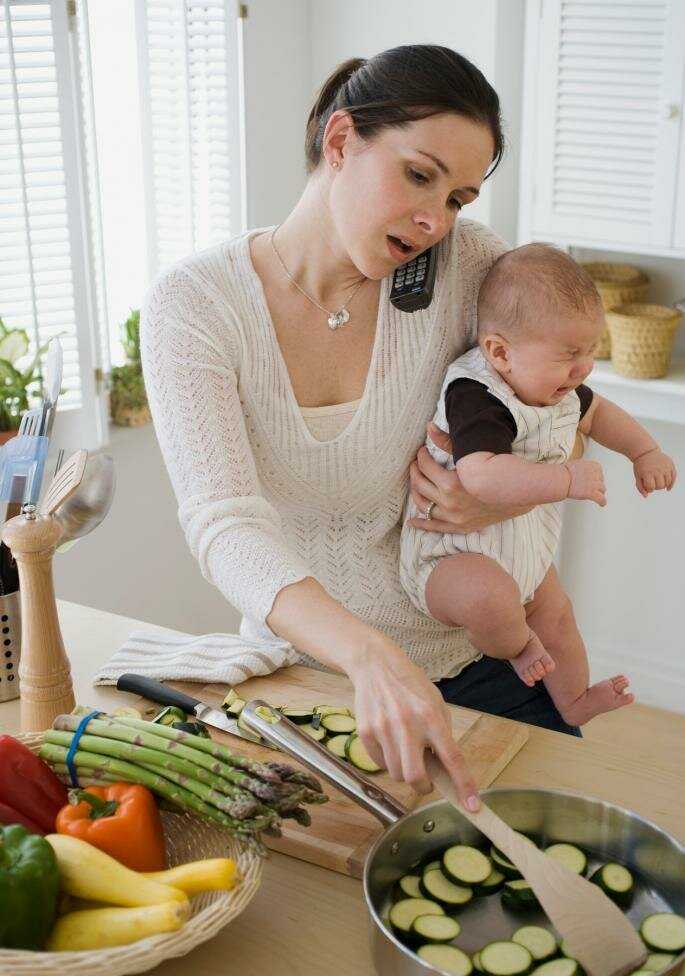 Their internal program says: "I'm not okay, and you're not okay!"
Their internal program says: "I'm not okay, and you're not okay!"
Be that as it may, they have a keen desire for affection and intimacy. They carry an inescapable longing for love, and as adults, for partnership. However, being deeply convinced that sooner or later they will be abandoned, they are afraid to enter into close relationships.
This leads to a constant conflict of rapprochement and alienation: as soon as such people meet potential love, they begin to take steps back and forth, as if in a dance, internally torn between the hope for a happy ending and at the same time the certainty that they will not see happiness anyway. In contrast to people with a rejecting type of attachment, in people of a fearful type, the closeness of a partner causes the strongest fear, and since they still crave a deep connection, it is bad for them to live alone. Simply put, they can't live with or without a partner.
Because of the intense fear that their partner's intimacy causes, they are subject to suffering much more than rejectors, from which partners suffer mainly and which will be discussed in the next section.
Fearful attachment people prefer to avoid relationships in every possible way to protect their extremely volatile self-esteem. After all, in the end, relationships can fail, and this resentment would be unbearable.
One of these people remarked with sad self-irony: “I am offended when the wind blows!”
At the same time, the fear of rejection in people with a fearful type of attachment refers not only to love relationships, but to interpersonal contacts in general. They live in constant anxious tension and are constantly afraid that they will run into rejection and criticism. If the fear is strongly expressed, this can lead to social phobia - then the person will try, if possible, to reduce all interpersonal contacts to zero. Many manage to largely disguise their fears, and such people are well settled in professional and personal life.
Only in love relationships, where failure would strike them most terribly, are they unable to cope with their fear.
3.
 Rejecting attachment - "I am indifferent to myself, and you are indifferent to me!"
Rejecting attachment - "I am indifferent to myself, and you are indifferent to me!" People with the rejecting type of attachment, as well as the fearful type, have experienced loneliness in their relationship with their mother - repeatedly encountering rejection and coldness. Thus, the earliest life experiences of these two types are very similar. Differences are formed somewhat later.
Thus, in families that give birth to people with a rejecting type of attachment, in a usually weakly emotional atmosphere, great importance is attached to achievements. If a child meets high standards, he can, despite the lack of emotional nourishment, develop quite acceptable self-esteem based on his good abilities. It also often happens that children who develop this attachment pattern are born with great inclinations, for example, intelligence above average.
Through this, they win the recognition of their parents, as well as the parents of other children and teachers. This approval at least partially compensates for their lack of maternal warmth, which in the usual case would contribute to low self-esteem, and everything else is achieved due to their good ability to crowd out competitors. Thus, people with a rejecting type of attachment get the experience that they cannot rely on their mother, but, by virtue of their own abilities, they can cope alone.
Thus, people with a rejecting type of attachment get the experience that they cannot rely on their mother, but, by virtue of their own abilities, they can cope alone.
This leads them to develop extreme arrogance. Their motto is "I'm fine, you're not!" Subsequently, they show a pronounced need for autonomy.
The partner for the narcissist is an extension of his own "I", that is, he must increase the brilliance of the narcissist and in no case threaten this brilliance
They obviously do not need other people - at least close contact with them. People with a rejecting type of attachment learn very early to separate from consciousness all internal mental impulses caused by the earliest, primary childhood fears due to complete isolation and abandonment. Loneliness and fear, which have settled in the unconscious of such people for a long time, are unable to overcome the barrage of mental defense mechanisms and, thus, do not penetrate into the zone of conscious perception.
Neurological studies have shown that children and adults with this relationship pattern show a very high affective arousal pattern, indicating strong feelings when placed in a situation of emotional stress, such as breaking up with a significant person. However, this excitation is immediately blocked - before it can reach the areas of the brain responsible for conscious perception. People with a rejection type of attachment have learned to suppress their fear so well that they no longer feel it. They feel more or less invulnerable. In infancy, this survival strategy was absolutely appropriate - anything else would probably be deadly for them.
However, like all early childhood patterns, this type of attachment passes into adulthood and problems begin. People with a rejection type of attachment believe that they are above love affairs. However, they were not completely safe from love either. Even if their need for intimacy is practically atrophied, for the majority it has not completely died out.


